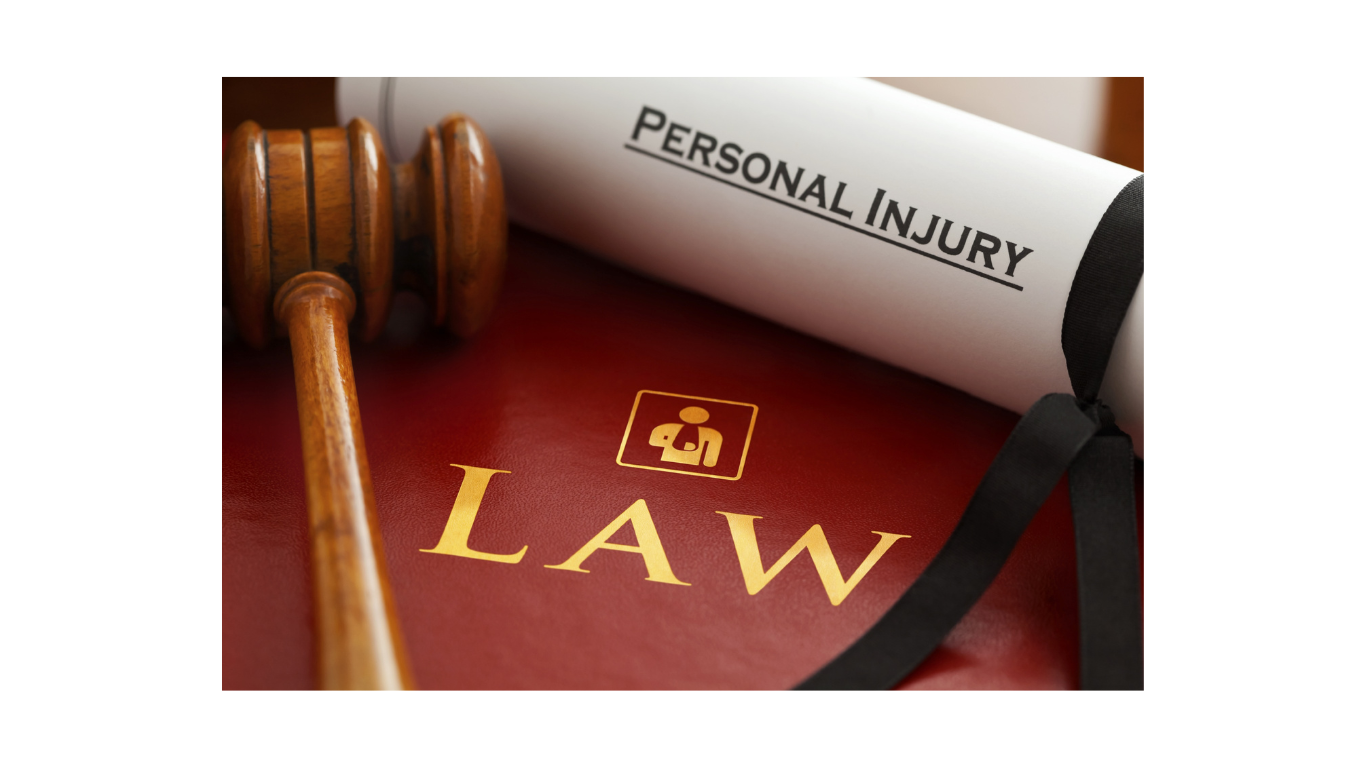Preparing a claim, especially in a legal context, requires thoroughness and attention to detail to ensure the best chance of success. Here are some highlights on how to prepare your claim:
- Gather Evidence: Collect all relevant documentation and evidence related to your claim. This might include contracts, receipts, photographs, medical records, witness statements, and more.
- Understand the Basis: Clearly define the basis of your claim. Are you claiming a breach of contract, personal injury, property damage, or another type of claim?
- Determine Damages: Calculate and list out all damages you’ve suffered. This can include direct costs, loss of income, pain and suffering, or any other form of losses attributable to the incident.
- Seek Expertise: If necessary, consult experts to support your claim. For example, in a medical malpractice claim, an expert’s opinion on the standard of care may be crucial.
- Legal Representation: Consider hiring an attorney who specializes in the type of claim you’re making. They can guide you through the process and represent your best interests.
- Draft a Notice of Claim: Before initiating formal legal action, many jurisdictions or contracts require you to send a notice of claim, detailing your grievances and expectations.
- Know Your Jurisdiction: Ensure you’re filing your claim in the correct venue or jurisdiction. Jurisdictional issues can sometimes be complex, especially with claims spanning multiple regions or countries.
- Follow Timelines: Be aware of any deadlines, especially the statute of limitations for your specific type of claim. Missing these deadlines can jeopardize your entire claim.
- Stay Organized: Keep a dedicated file or folder for all materials related to your claim. Regularly update it as you gather more information.
- Prepare for Negotiation or Mediation: Not all claims go to trial. Be prepared to discuss your claim and potentially settle outside of court through negotiations or mediation.
- Know Your Rights and Duties: Familiarize yourself with any legal rights, duties, or obligations you might have in relation to the claim. This ensures you don’t inadvertently harm your own claim.
- Be Honest and Consistent: Ensure that all information you provide, whether written or verbal, is accurate and consistent. Inconsistencies can harm your credibility and your claim.
Each claim will have its unique considerations, so it’s vital to adapt these general guidelines to the specifics of your situation. If in doubt, seeking professional advice is always recommended.
>> See full details on “How to Prepare a Claim” in my Article


